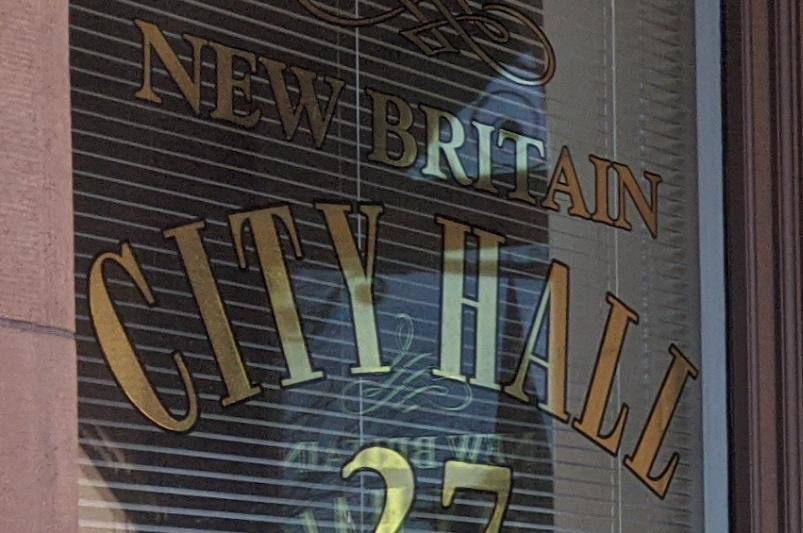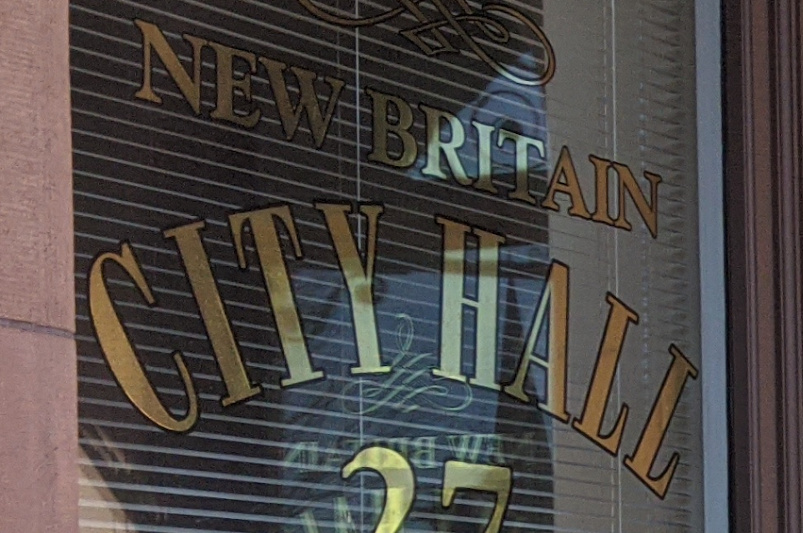The Charter Revision Commission appointed by the City Council in January has reportedly submitted its draft recommendations for Council consideration.

The recommendations include a number of changes to the city Charter, the governing document for the city.
The Commission recommended changing the way the Council is elected. In the draft change the number of Council membered elected from each of the city’s five Council districts, commonly called “wards”, would be increased from two to three.
Voters would continue to be able to vote for up to two candidates for Council in each ward, as they do now, but three would be elected. The election system would create elections in which each parties run slates of two candidates each, but winners would include candidates of more than one party or independent slate.
In the change proposed by the Commission, all fifteen members of the Council would be elected by district. Under the current Charter provision, five of the fifteen are elected citywide.
The Commission also recommended the creation of a “Chief Administrative Officer” position appointed by the Mayor, changing the Town Clerk and Tax Collector positions from elected to appointed, merging the Board of Water Commissioners and Board of Public Works, making Charter provisions more gender-neutral, changing references to “Director of the Water Department” to “Deputy Director of the Public Works Utility Division” and requiring that a Charter Revision Commission be appointed at least once every five years.
The Commission decided not to change the terms of office of city elected officials or the number of members of the Board of Education.
The Commission also did not recommend changing the way vacancies in elected positions are filled to a process to ensure that the people chosen to fill vacancies are chosen by the party of departing official.
The Council will reportedly receive the report of the Commission at its June 8, 2022 meeting. After receiving the Commission’s proposals, the Council is then required under state law to hold at least one public hearing on those recommendations. After that, the Council may make recommendations for changes to the proposals or accept the Commission’s report as final.
If the Council proposes changes, the Commission considers whether to accept them and then submits its final report. Then the Council considers the proposed Charter changes for a final up or down vote, with a majority of the total membership of the Council, eight of the fifteen, needed to approve the changes.
If the Council approves of any such Charter amendments, they then place any proposed amendments on the ballot in a referendum, at which time the city’s voters would have the chance to accept them or vote them down.
In its draft report, the Commission has recommended that four questions be put on the ballot for the voters, including,
1) Shall the Common Council be comprised of fifteen (15) members, consisting of three (3) members elected from each of the five (5) Common Council Districts, with the minority party requirements of the Connecticut General Statutes applying to each of the five (5) Common Council Districts separately?
2) Shall the positions of Revenue Collector and the Town and City Clerk be changed from elected to civil service, appointed positions?
3) Shall an appointed Chief Operations Officer, who shall report directly to the Mayor, be responsible for the daily management of certain City functions?
4) Shall the remainder of the changes to the Charter as recommended by the Charter Revision Commission be approved, which changes include a provision requiring periodic Charter review every five years at a minimum?
A city or town’s charter is its main governing document, similar to the federal or a state constitution, but only concerning the management of the local government. The charter is above ordinances (local laws) approved by the Council, which must follow the charter. The City Charter is still subordinate to the state Constitution and laws.




